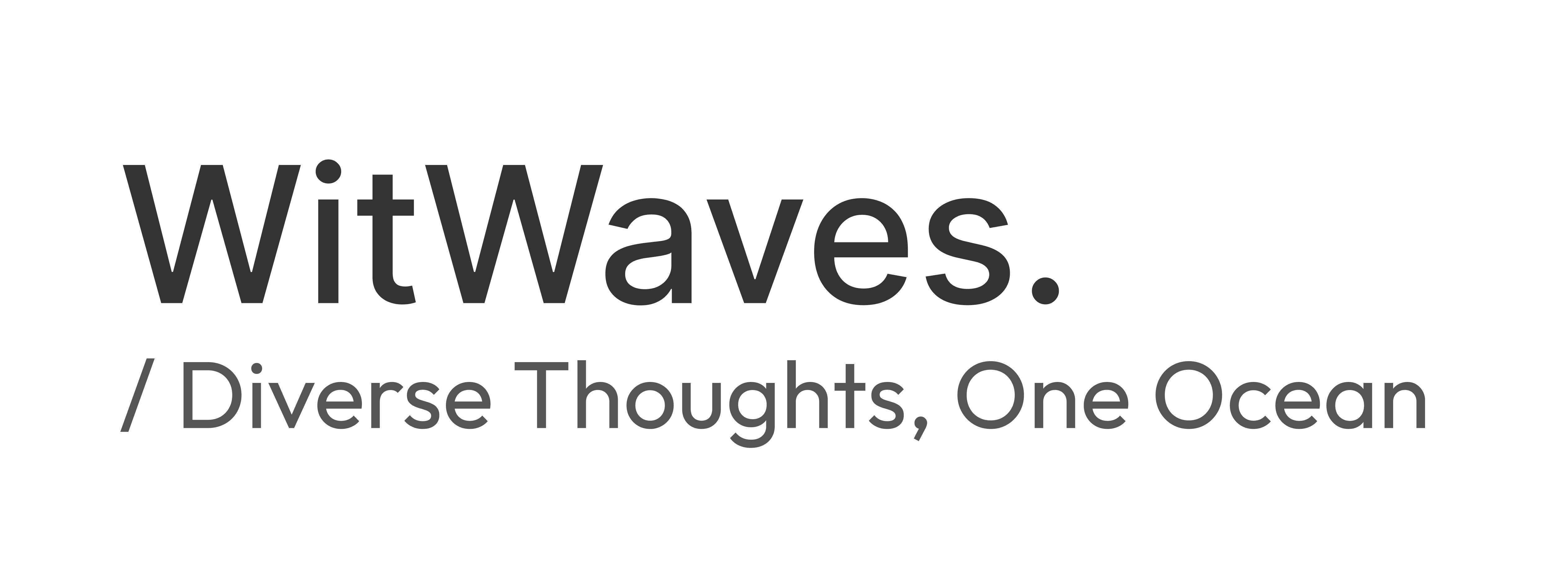Baltimore, July 2025 - In a bold move that has stirred both optimism and controversy in academic circles, Johns Hopkins University Press (JHUP) has announced it will begin licensing its catalog of books for artificial intelligence training.
The decision positions JHUP alongside other major publishers like Wiley and Taylor & Francis, who have already entered into lucrative agreements with AI developers. This marks a significant shift for one of the oldest academic presses in the United States, reflecting how AI is rapidly redrawing the boundaries of publishing, authorship, and content monetization.
Inside the Johns Hopkins AI Licensing Initiative
The licensing agreement, announced in late July 2025, allows generative AI companies to use JHUP’s catalog in training large language models (LLMs) and other AI systems. With a backlist of around 3,000 titles and 150 new releases annually, the Press covers subjects ranging from public health and science to humanities and education.
Here’s what the deal entails:
Opt-Out by August 31: Authors were notified via email that their works would be included by default, unless they chose to opt out before August 31, 2025.
Modest Author Returns: While the licensing fees are expected to yield less than $100 per title, the total revenue for the Press could be substantial especially critical for a nonprofit in an increasingly strained academic market.
Legal Guardrails: Executive Director Barbara Kline Pope emphasized that the move was about creating enforceable boundaries against unauthorized scraping, which has plagued the industry amid rising AI demand for training material.
“We’re aiming to get ahead of a legal gray zone and establish fair, lawful use of our work in AI training,” Pope stated.
.webp?alt=media&token=abe74f5e-aeb2-475d-bade-1650b2badd21)
Why This Matters: AI’s Growing Appetite for Academic Content
AI companies, especially those developing LLMs like GPT, Claude, and Gemini, require vast volumes of diverse, high-quality content to fine-tune their models. Academic texts are particularly valuable due to their rigor and domain specificity. By proactively licensing content, publishers like JHUP are:
- Monetizing dormant assets in their backlists,
- Defending against copyright infringement by rogue AI scrapers,
- Participating in shaping how AI learns from curated human knowledge.
However, this isn’t a unanimously welcomed evolution.
Divided Reactions Among Authors and Scholars
The move has sparked a backlash from segments of the author community, many of whom feel blindsided by the opt-out model and underwhelmed by the financial compensation offered.
Critics argue:
- The returns are disproportionate to the intellectual and scholarly value of their work.
- AI training use may distort or misuse their content in ways that are neither transparent nor controllable.
- The opt-out framework, while legally permissible, places the burden on authors rather than securing explicit consent.
“This isn’t just about money. It’s about integrity,” said historian Sharon Ann Murphy. “Academic books are meant to generate real knowledge not feed machines that hallucinate facts.”
A Crossroads for the Publishing Industry
JHUP’s licensing decision reflects a broader transformation in how content is commodified for machine learning. It’s not alone:
- Wiley and Taylor & Francis have signed multimillion-dollar deals with tech firms.
- HarperCollins inked a licensing deal offering a flat fee per book (reportedly $5,000) for selected nonfiction works.
- Penguin Random House, however, took a firm stand, banning all AI training on its content globally.
- Oxford University Press and MIT Press are reportedly in deliberation, while Cambridge remains silent.
The strategies vary, but the pressure to act is clear especially after U.S. courts in mid-2025 ruled that AI training can constitute fair use if the data is lawfully acquired.
Legal and Ethical Implications: Who Owns Learning?
The legal framework for AI training remains in flux:
- A June 2025 federal ruling declared AI model training to be "transformative" under U.S. fair use law—provided the data isn't pirated.
- Meta and Anthropic have emerged victorious in key copyright cases but the courts warned that data sourced from illegal platforms still invites liability.
- Licensing is fast becoming a legal safe haven, not just a revenue play.
- Academic publishers now face a fundamental question: Should they resist or co-author the future of machine learning?
Conclusion: A Complex Future for AI and Academic Knowledge
Johns Hopkins University Press’s decision to license its books for AI training is a pragmatic step into a rapidly evolving domain. It brings to the forefront questions about author agency, ethical usage, compensation, and the integrity of knowledge in the AI age.
For JHUP, this may be a financially sound and forward-looking move. For many authors, however, it feels like a quiet redefinition of what it means to write and publish in the 21st century. As more publishers weigh similar decisions, this moment marks a turning point, one where the world of books must reckon with the world of machines.


Discussion
Start the conversation
No comments yet
Be the first to share your thoughts on this article. Your insights could spark an interesting discussion!